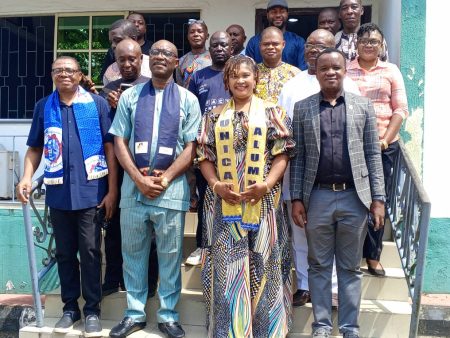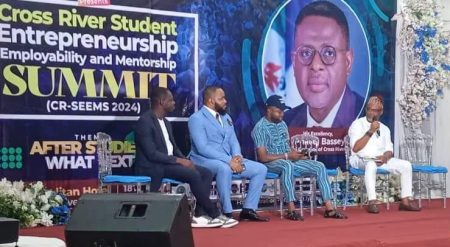The United States Mission to India announced recently that US diplomatic posts in the country have opened an additional 250,000 visa appointments for Indian travellers, including tourists, skilled workers, and students. US immigration officials report processing “record numbers” of applicants at the country’s five consular offices in India so far this year.
As of 30 September, more than 1.2 million Indians have travelled to the United States year to date in 2024, representing a 35% increase over the same period in 2023. The US Mission adds that, “At least six million Indians already have a non-immigrant visa to visit the United States, and each day, the Mission issues thousands more.”
“Prime Minister Narendra Modi and President Joe Biden set an ambitious goal to improve and expedite the visa process and I’m proud to say that we have delivered on that promise,” said US Ambassador Eric Garcetti. “Our consular teams at the embassy and four consulates work tirelessly to ensure that we meet the surging demand.”
Needless to say, this will be important development for Indian students hoping to study in the United States, and for easing the well-documented backlog for study visa applicants. Prior to the September announcement, wait times for visa interview appointments in India had approached (or exceeded) 200 days. The latest posted wait times for F-visa interview appointments (as of 9 October 2024) have been considerably reduced, with average waits indicated as 42 days for applications lodged via New Delhi and 66 days for those filed in Mumbai.
The situation has been so serious this year that it has been a focus point for lobbying by the U.S. for Success Coalition, which has been urging Congress to take action to reduce the backlog in key markets in the Global South, notably in India and Africa.
“Yes indeed our advocacy is helping to move the needle,” says Dr Fanta Aw, the CEO and executive director of NAFSA: Association of International Educators. “We want to be sure international students who are admitted to institutions in the US are able to get in for appointments and we appreciate the work of Consular Affairs to continue to prioritise students. We however need to do better on reducing visa denials so as not to deter students wanting to come study in the US. NAFSA and the U.S. for Success Coalition is committed to working with the State Department on this important issue.”
The move also sharpens the attractiveness of the US to Indian students, at a time when changing policy settings in Canada and the Australia are already triggering a shift in demand.
For additional background, please see:
Source

